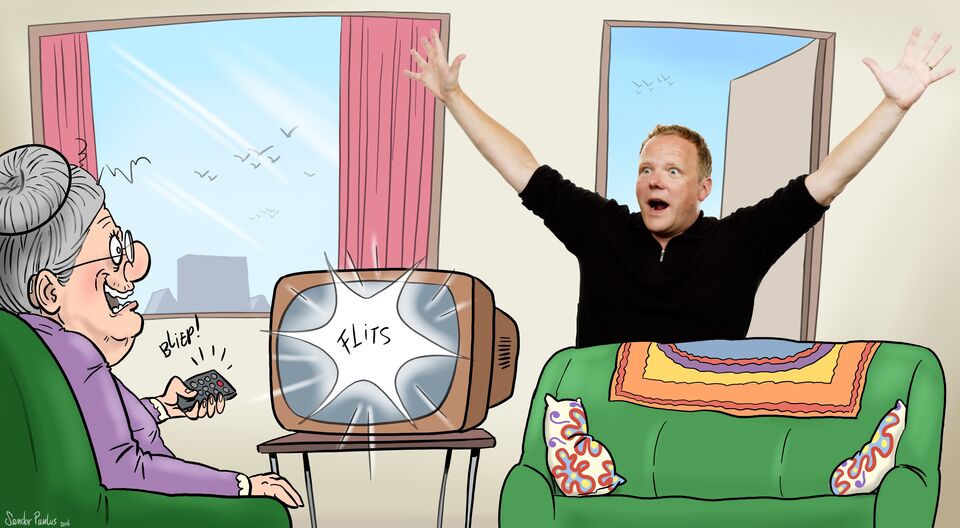Brainmatters | Everything becomes more beautiful with attention
Shortly after I had left my parental home (a long, long time ago) I regularly paid a visit to my parents. They would be watching The Bold & The Beautiful, an endless soap - and I really mean endless - in which the actors struck up relations in any and every conceivable combination and permutation. The reason I know this, is to do with the fact that the TV set was seldom switched off during my visits. When after a cup of coffee I would then stand up to leave again, my mother often said: “Strange, I feel as if I’ve hardly spoken to you at all”. That was usually a fairly accurate assessment.
It seems to be the paradox of technology - the more time we have won in an industrious existence thanks to technological progress, the less attention we really pay to each other due to that same technology, in the here and now. TV has been competing for this for many years, and is now joined in this battle for attention by mobile phone, email, Whatsapp, Twitter, Facebook and Instagram. Attention is a scarce commodity, and this scarcity makes it all the more valuable. Which has not gone unnoticed.
Attention - if anything in healthcare is crucial, it is that. Those are not my words, but the words of healthcare insurer Menzis, in a TV commercial. In the background we hear the dreamy song Somewhere over the Rainbow. Eyewish, too, says it ‘likes to give some extra attention to our customers’. And concludes with the unsurpassed catchphrase ‘Eyewish, more eyes for you’. No doubt the champagne corks at the advertising agency that has come up with this slogan are still firmly lodged in the gypsum plasterboard ceiling system.
Is it too soon to call him a friend?
At IKEA everything becomes more beautiful with attention. That claim I can personally endorse without any shadow of a doubt, as I have once tried to assemble a Billy bookcase without first meticulously consulting the manual. Not a claim to be proud of. Aegon has the ‘Attention talk’ especially for all of us. I am picturing myself having a bite to eat together with my very own, personal Aegon adviser - is it too soon to call him a friend? - and then getting tight in a pub at Wilhelminaplein where we discuss life in every little detail.
Now, some 25 years later, I still regularly see my mother - who now lives in a flat for the elderly. She likes it when our whole family pays her a visit, and the TV set is switched off straight away. She sometimes feels lonely. It is difficult for me to see her more often. So far she has not seen any man from Menzis. Maybe I should ask my new best Aegon friend to drop in on her.
Wijnand IJsselsteijn | Professor of Cognition and Affect in Human-Technology Interaction


Discussion